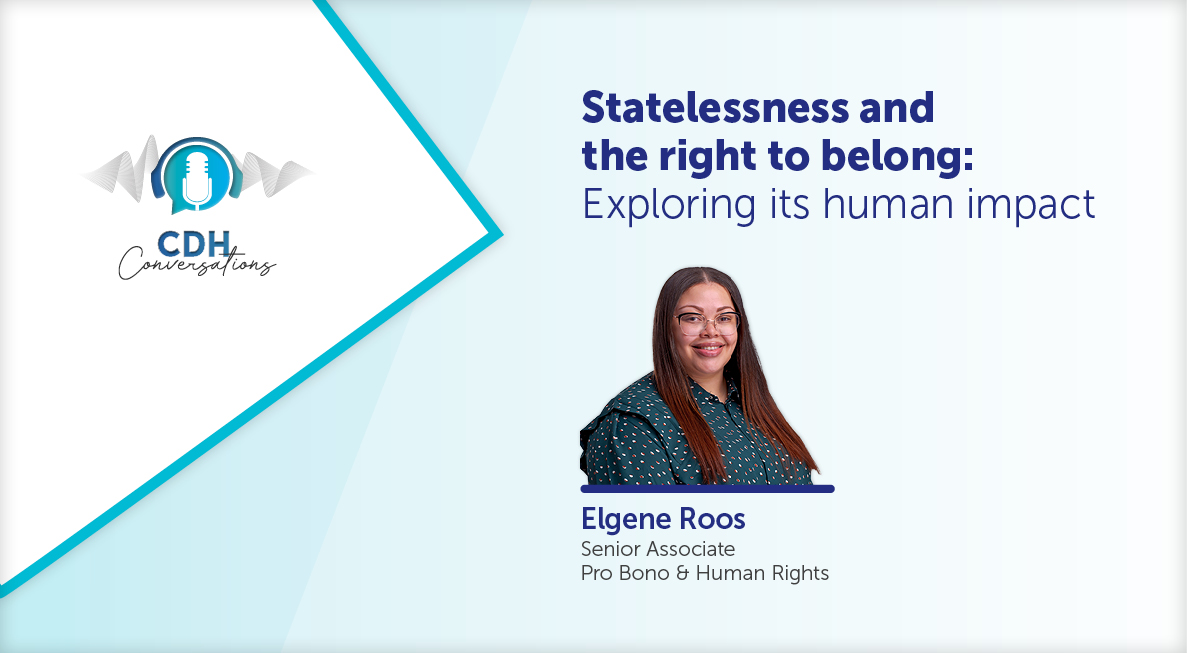Privatising taxation: The future of legal costs recovery
Those costs are presented as a “bill of costs” to the opposing party in terms of the procedures set out in the court rules. The bill of costs is then “taxed” by the Taxing Master of the High Court who provides an allocatur containing a final figure which is recoverable from the opposing party. The allocatur has the status of an order of court.
Alternative Dispute Resolution (ADR) refers to private means of adjudicating disputes outside of the court process and includes arbitration and mediation. ADR allows parties to tailor-make their process to incorporate the needs of both parties. Furthermore, the parties can elect an arbitrator or mediator to their liking, often with specific expertise in a particular field. As the process is private and regulated between the parties, the process is not subjected to the same time delays one finds in ordinary court processes.
Of late, the process of taxing bills of cost in the High Court and even in the Magistrates Court has become subject to excessive delays, frustration and unnecessary conflict. This comes from congested court rolls, the lack of adequate personnel and resources, an inexplicably high rate of absenteeism, and delaying tactics of losing parties reluctant to pay.
A potential solution to protect clients’ rights and effectively and quickly recover a client’s legal costs without unnecessary delay is an alternative method of taxation based on ADR principles. By using arbitration, or even mediation, for purposes of assessment and taxation of bills of costs, the parties to the settled dispute can then control the process. An “arbitrated taxation” could take place at a location of the parties’ choosing, in front of a Legal Costs Practitioner (senior cost consultant) of their own choosing, on a date and time suitable to the parties and their schedule. Not only is this more convenient but it would have the added benefit of relieving the pressure on the already-overburdened court systems.
Private taxation would consist of the parties to a cost dispute presenting arguments and evidence to an independent Legal Costs Practitioner (senior cost consultant) who will then make a determination by exercising his/her discretion based on past experience, case law and current practices. For all intents and purposes, the taxation would proceed in the same manner as a taxation in the High Court or Magistrates Court.
A potential drawback to private taxation would be the cost of the independent Legal Cost Practitioner. Nevertheless, when a party can recover their costs through this streamlined process; the time and interest lost by waiting for costs to be taxed through the courts will in many cases justify the costs of this process. It would be necessary for the parties to agree on how and by whom the Legal Cost Practitioner will be paid. It could be agreed that the costs of the taxation become “costs in the cause” and are added to the final taxed figure in the allocatur.
Private taxation will require the parties to enter an agreement, stating the manner in which the bill of costs is to be taxed; and both agreeing to abide by the rulings of the appointed arbiter or assessor (Legal Cost Practitioner), and that the allocatur will not be subject to review.
Since parties often conclude arbitration clauses in their contracts, this method of private costs determination could be included in such arbitration clauses. As part of this agreement, the parties should consent to the allocatur being presented to the Taxing Master of the High Court or Magistrates Court, to be stamped and signed as “settled between the parties”. This would then have the effect of making the privately taxed allocatur of equal force and effect to that of the Taxing Master’s allocatur.
Written by Maryna Van Staden (MVS Cost Consultants) in collaboration with Richard Marcus and Andrew MacPherson
The information and material published on this website is provided for general purposes only and does not constitute legal advice. We make every effort to ensure that the content is updated regularly and to offer the most current and accurate information. Please consult one of our lawyers on any specific legal problem or matter. We accept no responsibility for any loss or damage, whether direct or consequential, which may arise from reliance on the information contained in these pages. Please refer to our full terms and conditions. Copyright © 2026 Cliffe Dekker Hofmeyr. All rights reserved. For permission to reproduce an article or publication, please contact us cliffedekkerhofmeyr@cdhlegal.com.
Subscribe
We support our clients’ strategic and operational needs by offering innovative, integrated and high quality thought leadership. To stay up to date on the latest legal developments that may potentially impact your business, subscribe to our alerts, seminar and webinar invitations.
Subscribe




